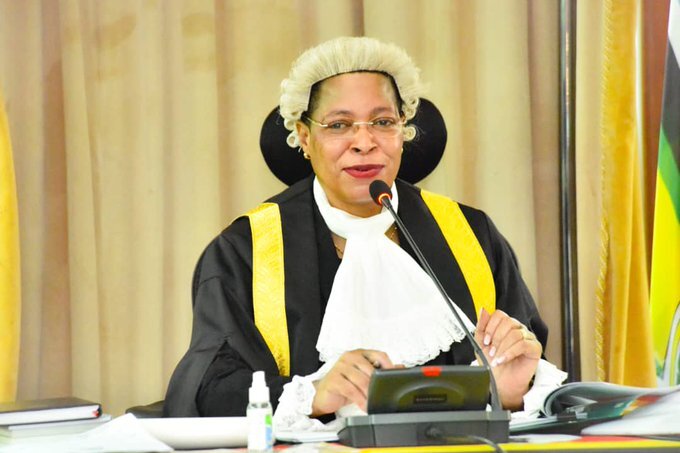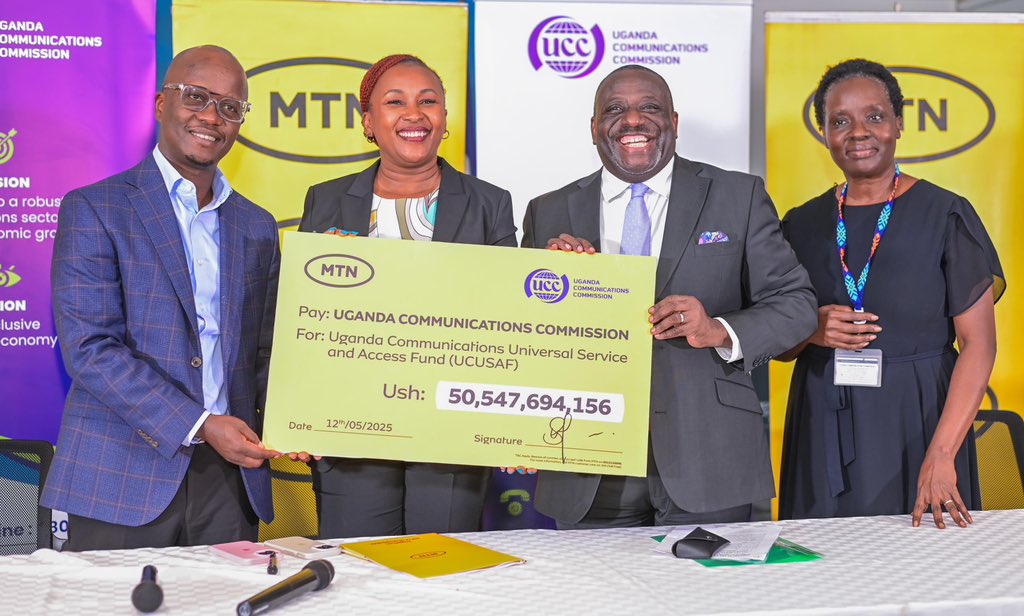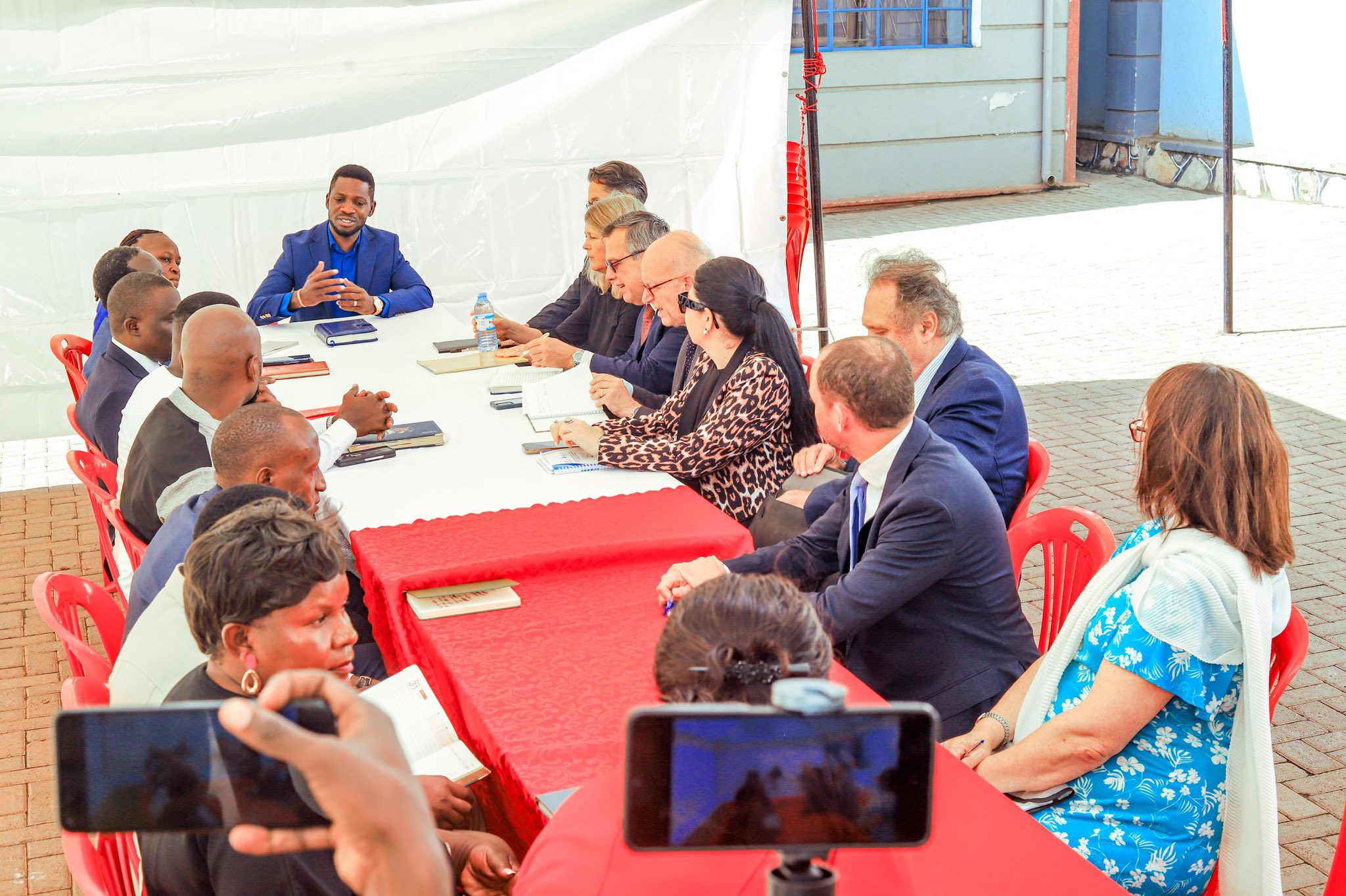Separation of powers or lack of transparency? Speaker Among rejects salary disclosure request
Speaker Anita Among has today made headlines when she rejected requests from the Equal Opportunities Commission (EOC) and the Ministry of Public Service to disclose the salaries of Members of Parliament and parliamentary staff.

In the corridors of power, a new debate is brewing, one that puts the independence of Uganda’s Parliament against the growing calls for transparency in public office.
Speaker Anita Among has today made headlines when she rejected requests from the Equal Opportunities Commission (EOC) and the Ministry of Public Service to disclose the salaries of Members of Parliament and parliamentary staff.
Her response, delivered during a parliamentary session, was resolute. “I think people are forgetting separation of power. The Uganda Parliamentary Commission is a standalone body. We don’t belong to the Equal Opportunities Commission, and we aren’t civil servants for Public Service to start asking for salaries of MPs,” she said.
This firm stand has reignited discussions about the delicate balance between safeguarding institutional autonomy and ensuring public accountability, raising important questions about the responsibilities of Parliament as a steward of public funds.
The controversy began when the Clerk of Parliament, Adolf Mwesige, received written inquiries from the EOC and the Ministry of Public Service requesting detailed payroll data for MPs and parliamentary staff.
These agencies argued that understanding how salaries are structured across public institutions is essential for equity and compliance with national policies.
Speaker Among, however, viewed the requests as an affront to Parliament’s independence. “It is high time the Attorney General told these people that we have our independence. We shouldn’t be asked [for such reports],” she declared.
Parliament’s position is rooted in the principle of separation of powers, a cornerstone of democratic governance. Among’s assertion underscores that Parliament, as a legislative body, operates independently from the executive and judicial branches, including agencies like the EOC and Public Service.
At the heart of this standoff lies a fundamental question: Where does institutional independence end, and where does public accountability begin?
Parliament’s refusal to disclose salary details has drawn mixed reactions. Advocates for transparency argue that, as custodians of taxpayer money, MPs have a responsibility to demonstrate how public funds are allocated and spent. Disclosing payroll details, they say, would build trust with citizens and set a standard for openness in government.
On the other hand, proponents of Among’s stance argue that institutional independence is vital for effective governance. Parliament, they assert, must resist any encroachment on its autonomy to maintain the integrity of its legislative functions. By denying the requests, Among positions Parliament as a body that answers only to its mandate and the electorate, not to other arms of government.
Public Sentiment and Perception
Speaker Among’s comments come at a time when public scrutiny of government spending is intensifying. With Uganda’s economic challenges mounting, many citizens are keen to know how resources are allocated, especially to public officials.
The refusal to disclose salaries may therefore be seen by some as a missed opportunity for Parliament to demonstrate accountability. “The public has a right to know how their money is spent,” says Sarah Nampijja, a civil society advocate. “Transparency fosters trust, and withholding this information creates suspicion, even if Parliament is legally justified.”
However, others view the issue as a matter of principle. “Parliament’s independence must be protected at all costs,” argues political analyst Peter Waiswa. “If agencies like the Equal Opportunities Commission start dictating how Parliament operates, it sets a dangerous precedent for interference in legislative matters.”
This debate highlights the complexity of governance in a democratic society. While transparency and accountability are essential, so too is the principle of separation of powers. Parliament’s payroll dispute raises broader questions about the relationship between Uganda’s institutions and the extent to which oversight should be exercised.
Speaker Among’s referral of the matter to the Attorney General suggests that this issue may soon be clarified legally. However, legal interpretations may not be enough to settle the underlying tensions. Trust between institutions and the public requires more than laws, it demands mutual respect and a shared commitment to democratic ideals.






